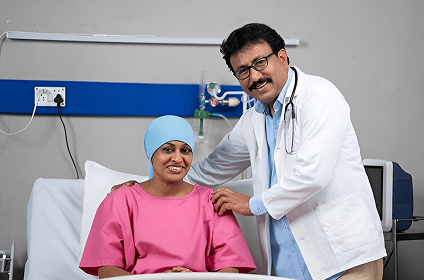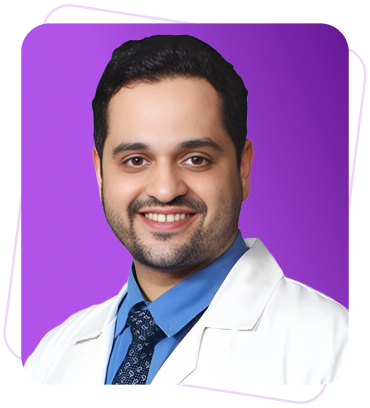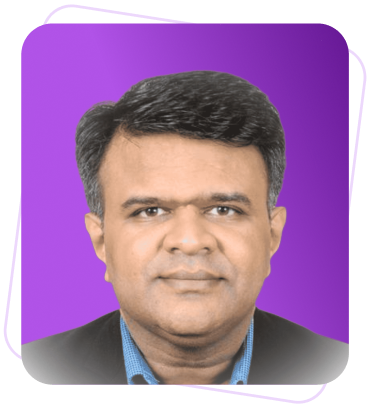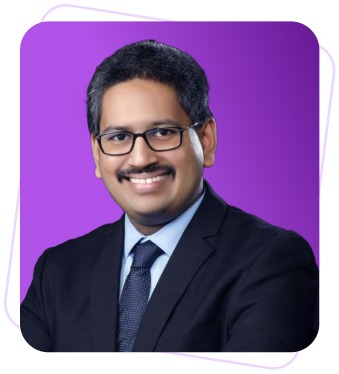Patients with cancer may have to leave their homes to receive the finest cancer care in a hospital setup. This can add to the stress that patients and caregiversundergoes at a difficult time, both emotionally and financially. Through our daycare centre, Mumbai Oncocare Centre hopes to ease the burden on cancer patients and their loved ones. Up until the idea of “Chemotherapy Daycare” was developed, chemotherapies were conventionally exclusively provided in hospital settings due to the difficulties in administration and overall care. Cancer patients benefit in numerous ways from chemotherapy daycare. It delivers convenience to patients while also saving time and money. Mumbai Oncocare Centre is proud to have been the forerunner in the establishment of a chain of chemotherapy daycare facilities across Maharashtra and Madhya Pradesh for the ease and efficiency of the treatment process.
The negative effects you experience from chemotherapy will depend on the prescription medication or drug combination.
Getting care is crucial once cancer therapy is over. Your medical team can assist you in managing long-term side effects and keeping an eye out for emerging ones. The term for this is follow-up care. Regular physical exams, diagnostic procedures, or a combination of both may be part of your follow-up care.
The Daycare Center is a full-service cancer clinic with a daycare facility for receiving chemotherapy. It is intended to take care of patients who have been advised to undergo quick cancer therapies and do not need to spend the night in the hospital.
Patients can save money and time by using daycare services. They go about their regular business as usual. Charges for admission and overnight lodging can be avoided.
The presence of an experienced cancer specialist, intensive care specialist throughout the treatment is one of the benefits of a specialized cancer daycare center. All employees, including nurses, technicians, pharmacists, and others, have received training in cancer care. Because of this, it is quite beneficial for patients to discuss their issues and get all concerns answered swiftly.
Given that the admission and discharge processes are short, patients do not need to wait in a big line. Keeping medications and documents prepared in accordance with the patient’s treatment plan might speed up the procedure even more if the patient is healthy and has flawless vitals. Our registration, admission, and discharge procedures run smoothly.

Lorem ipsum dolor sit amet, consectetur adipiscing elit. Ut elit tellus, luctus nec ullamcorper mattis, pulvinar dapibus leo.

Lorem ipsum dolor sit amet, consectetur adipiscing elit. Ut elit tellus, luctus nec ullamcorper mattis, pulvinar dapibus leo.

Lorem ipsum dolor sit amet, consectetur adipiscing elit. Ut elit tellus, luctus nec ullamcorper mattis, pulvinar dapibus leo.

Oncologist & Hematologist


MD Medicine (AIIMS) DM Medical Oncology (AIIMS) MRCP (UK), DNB, ECMO
Medico Oncologist & Hemato Oncologist

Indian Cancer Treatment Centre, unit of Sky Oncology LLP is a leading institution established with the aim to provide the best cancer treatment, to all types of cancer patients, in accordance with the latest and ever-changing advances in the field of oncology and provide the best cancer care